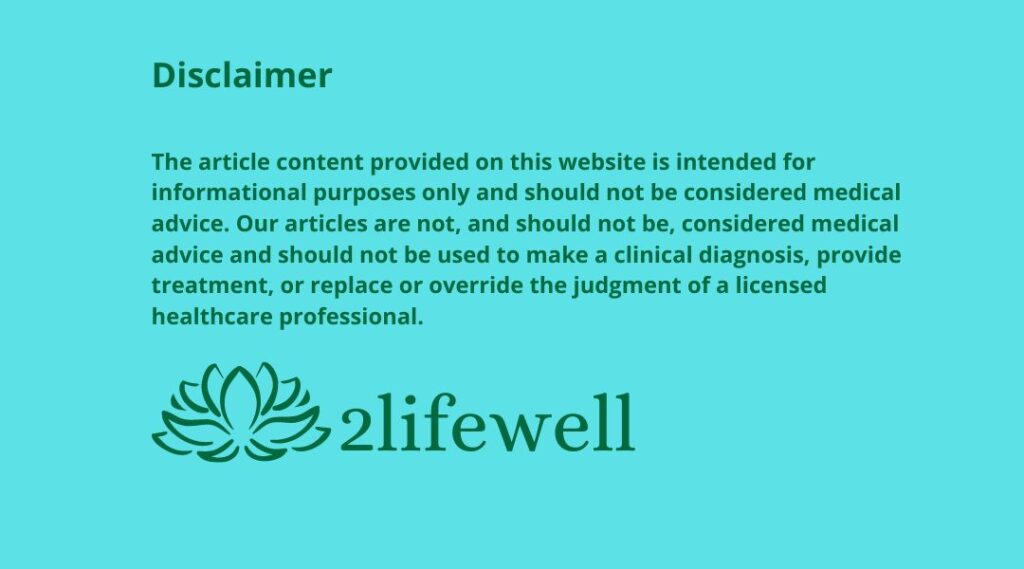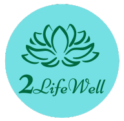The Modern Dilemma: Perpetual Connectivity and Mental Exhaustion
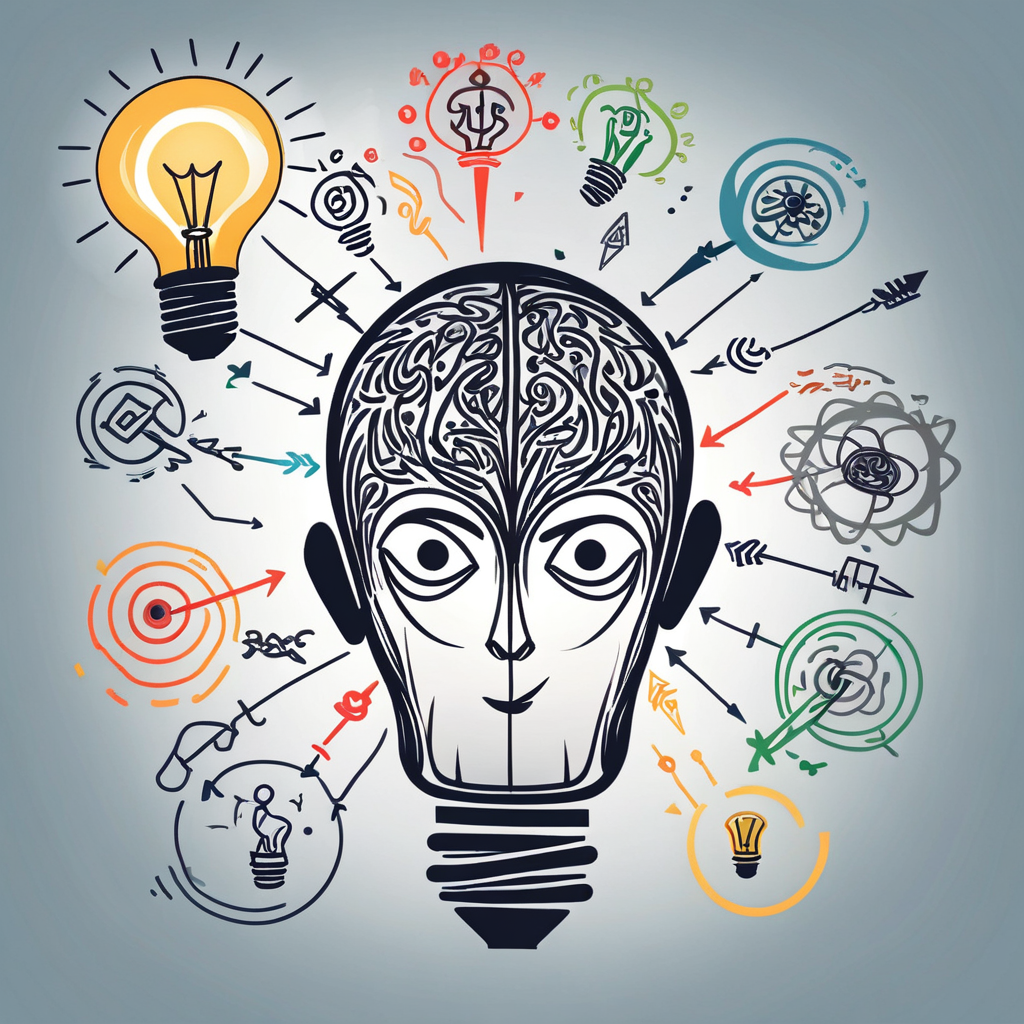
In today’s hyper-connected world, we find ourselves constantly tethered to our devices, bombarded with notifications, emails, and messages. This perpetual state of connectivity has become the norm, leading to feelings of mental exhaustion and burnout. The pressure to always be available and responsive can take a toll on our mental well-being, leaving us feeling drained and overwhelmed. In this section, we delve into the impact of perpetual connectivity on our mental health and explore the importance of carving out time for rest and rejuvenation amidst the demands of modern life.
Understanding Rest: More Than Just Physical Relaxation
Rest is often misconstrued as simply taking a break from physical activity, but its significance goes far beyond that. True rest encompasses a holistic approach to relaxation that addresses our mental, emotional, and spiritual needs. It involves quieting the mind, releasing tension from the body, and nurturing our souls. By embracing rest in all its dimensions, we can tap into a profound sense of inner peace and fulfillment that transcends the demands of our busy lives.
The Neuroscience of Rest: How Our Brain Benefits from Downtime
Advancements in neuroscience have shed light on the intricate ways in which rest impacts our brain function and mental health. During periods of rest, our brains undergo crucial processes of consolidation, memory formation, and emotional regulation. Rest plays a vital role in optimizing cognitive function, enhancing creativity, and improving mood. By prioritizing downtime, we can nurture our brain health and cultivate a greater sense of mental clarity and resilience.
Digital Detox: Unplugging from Technology to Reconnect with Ourselves
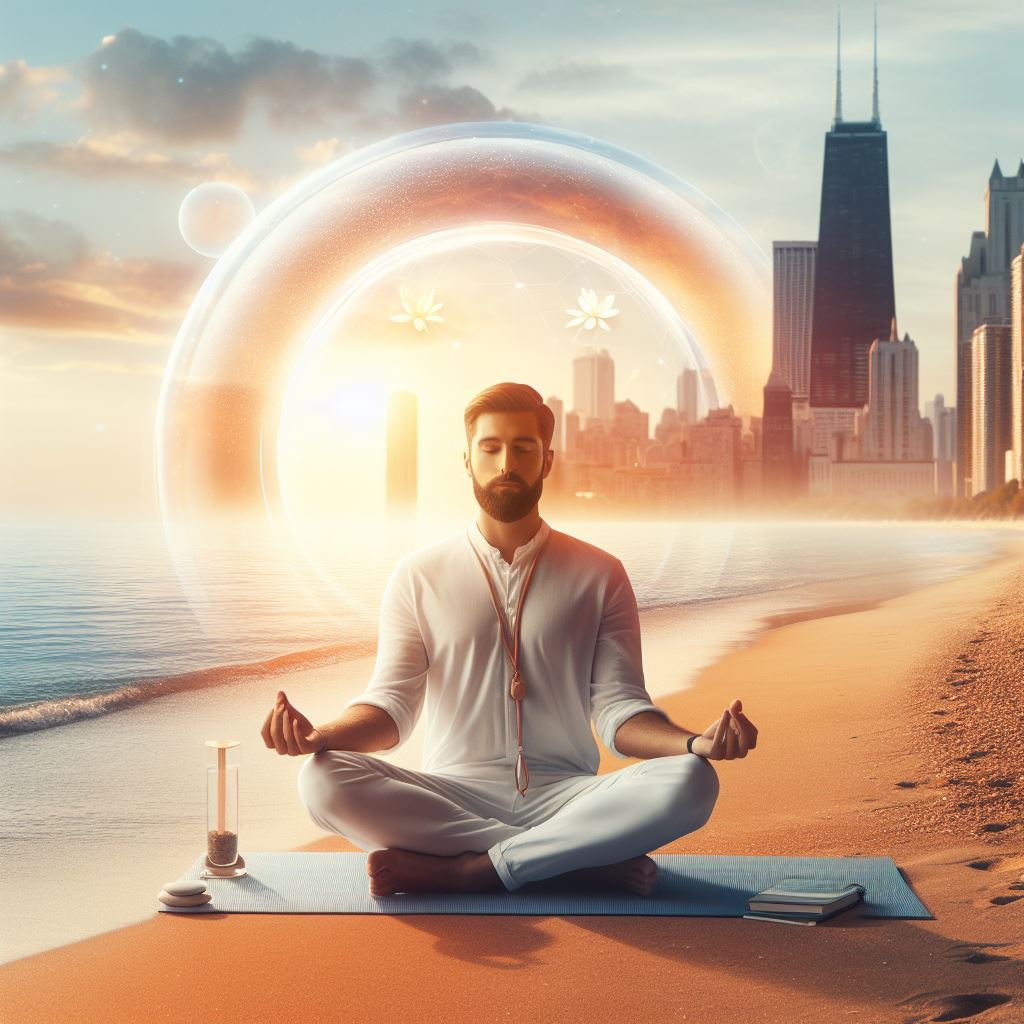
In an era dominated by technology, unplugging from our devices is essential for restoring balance and reconnecting with ourselves. Engaging in a digital detox – temporarily disconnecting from technology – allows us to reclaim our mental space, reduce stress, and foster deeper connections with the world around us. By stepping away from our screens and immersing ourselves in the present moment, we can cultivate a greater sense of mindfulness and presence in our lives.
The Power of Solitude: Finding Peace in Quiet Moments
Solitude provides us with a precious opportunity to quiet the noise of the outside world and turn inward. Whether it’s spending time alone in nature, meditating, or simply enjoying moments of silence, embracing solitude allows us to recharge our spirits and gain clarity amidst life’s busyness. Solitude fosters self-reflection, creativity, and personal growth, serving as a sanctuary for rest and rejuvenation in our hectic lives.
Mindful Rest: Cultivating Presence in a World of Distraction
Mindfulness offers a powerful antidote to the distractions of modern life. By practicing mindfulness – the art of being present in the moment with non-judgmental awareness – we can anchor ourselves in the present moment, let go of stress and worry, and experience a profound sense of peace and contentment. Incorporating mindfulness practices into our daily lives can enhance our ability to rest deeply and fully, fostering a greater sense of well-being and balance.
Nature’s Healing Touch: The Restorative Power of the Outdoors
Spending time in nature has been shown to have profound benefits for our mental and emotional well-being. Whether it’s taking a hike in the mountains, strolling through a forest, or lounging by the beach, immersing ourselves in natural environments allows us to recalibrate, recharge, and find solace amidst the beauty of the natural world. Nature serves as a potent antidote to stress, anxiety, and mental fatigue, offering us a sanctuary for rest and rejuvenation in our fast-paced lives.
Sleep: The Ultimate Reset Button for Mental Well-being
Quality sleep is essential for cognitive function, emotional regulation, and overall health. Prioritizing sleep hygiene and establishing healthy sleep habits is crucial for optimizing our mental and emotional resilience. During sleep, our brains undergo crucial processes of repair, memory consolidation, and emotional processing, preparing us for the challenges of the day ahead. By prioritizing restful sleep, we can enhance our cognitive abilities, regulate our mood, and improve our overall quality of life.
Creative Rest: Nurturing Inspiration and Innovation
Rest is essential for nurturing creativity and fostering innovation. By giving our minds the opportunity to wander and daydream, we can tap into our creative potential and generate new ideas. Incorporating periods of rest and relaxation into our creative process can enhance our problem-solving abilities and fuel our creative endeavors. Creative rest allows us to approach challenges with fresh eyes and unlock new perspectives, leading to greater innovation and breakthroughs.
Social Connection: Restoring Balance Through Meaningful Relationships
Strong social connections are essential for our mental well-being. Spending time with loved ones, sharing experiences, and fostering meaningful relationships provide us with emotional support and fulfillment. By prioritizing social connection, we can cultivate a sense of belonging and restore balance in our lives. Meaningful relationships nourish our souls and enrich our lives, serving as a source of joy, comfort, and support.
The Art of Doing Nothing: Embracing Stillness for Mental Renewal
In a culture that values constant busyness and productivity, the art of doing nothing is often overlooked. However, embracing moments of stillness and idleness is essential for mental renewal and rejuvenation. By allowing ourselves to simply be, without the pressure to constantly achieve or accomplish, we can replenish our energy and restore balance to our lives. The art of doing nothing allows us to slow down, savor the present moment, and reconnect with ourselves on a deeper level.
Boundaries and Balance: Saying No to Overwhelm
Setting boundaries and prioritizing self-care is essential for preventing burnout and overwhelm. Learning to say no to commitments that drain our energy and setting limits on our time and resources allows us to preserve our mental and emotional well-being. By prioritizing our own needs and setting healthy boundaries, we can maintain a sense of balance and fulfillment in our lives. Boundaries empower us to prioritize rest and self-care, ensuring that we have the energy and resilience to show up fully in our lives.
Reflection and Integration: Processing Experiences Through Rest
Rest provides us with valuable opportunities for reflection and integration. Whether it’s journaling, meditating, or simply taking a walk in nature, engaging in restful activities allows us to process our experiences and emotions, gaining insight and wisdom in the process. By making space for reflection and integration, we can learn and grow from our experiences, fostering personal development and self-awareness. Restful reflection allows us to make sense of our lives and connect with our inner wisdom, leading to greater clarity and self-understanding.
Guilt-Free Rest: Overcoming Society’s Obsession with Busyness
In a society that often glorifies busyness and productivity, it’s easy to feel guilty for taking time to rest and recharge. However, rest is not a luxury; it’s a necessity for our mental and emotional well-being. By letting go of societal expectations and embracing rest without guilt or shame, we can prioritize our health and happiness, leading to greater fulfillment and success in the long run. Guilt-free rest empowers us to honor our needs and nourish our souls, allowing us to show up as our best selves in all areas of our lives.
Productivity Redefined: How Rest Fuels Success
Contrary to popular belief, rest is not antithetical to productivity; it’s essential for it. By incorporating periods of rest and relaxation into our daily routines, we can enhance our focus, creativity, and problem-solving abilities. Rest allows us to recharge our energy reserves, prevent burnout, and approach our tasks with renewed vigor and clarity. In this way, rest becomes a strategic tool for maximizing our effectiveness and achieving our goals. Productivity redefined acknowledges the importance of rest in achieving sustainable success, recognizing that true productivity is not about doing more but about doing what matters most with clarity, purpose, and intention.
Creating a Restful Environment: Designing Spaces for Relaxation
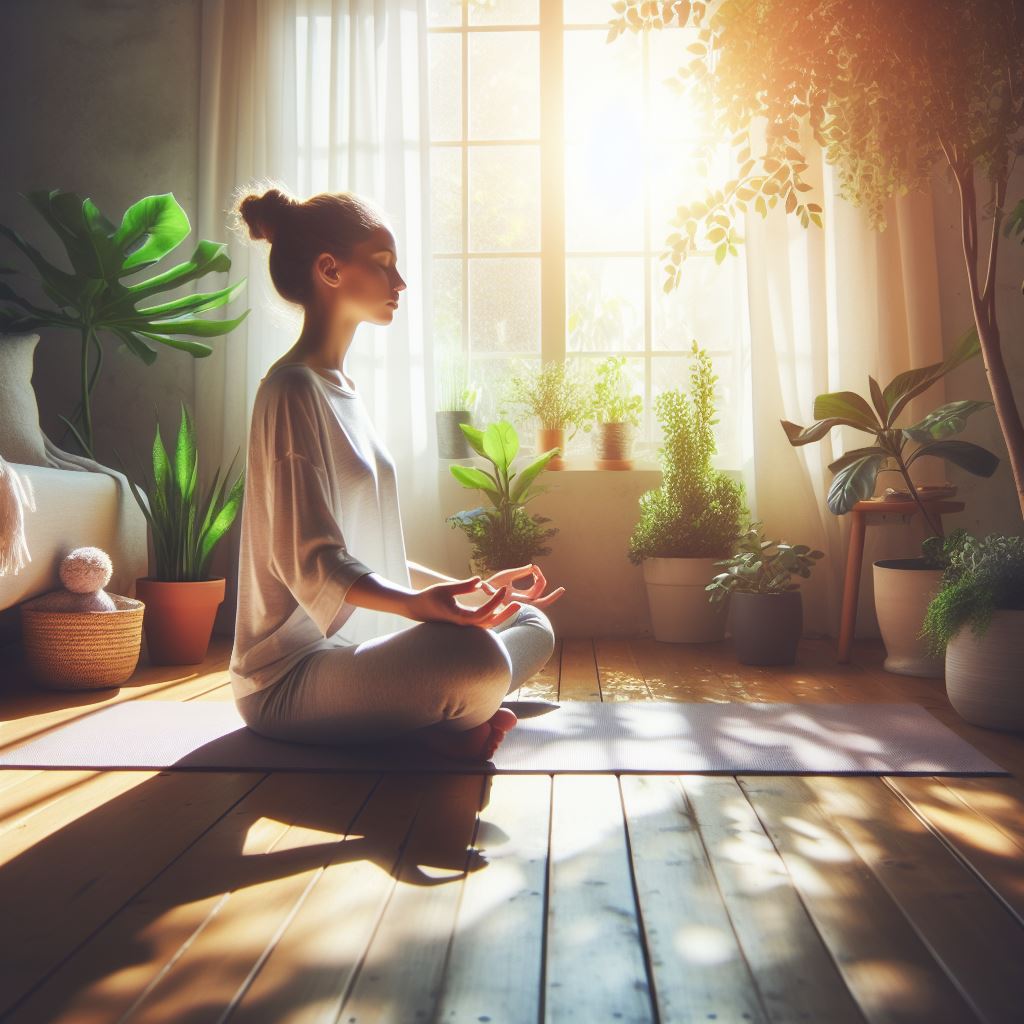
Our physical environment plays a significant role in our ability to rest and relax. Creating a restful environment – whether it’s through soft lighting, comfortable furniture, or calming decor – can enhance our sense of well-being and promote relaxation. By designing spaces that prioritize comfort and tranquility, we can cultivate an atmosphere conducive to rest and rejuvenation. Creating a restful environment invites us to slow down, unwind, and replenish our energy, fostering a greater sense of peace and serenity in our lives.
Rest as a Form of Self-Care: Nurturing Body, Mind, and Soul
Self-care encompasses a wide range of practices, and rest is a fundamental aspect of it. By prioritizing rest and relaxation, we can nurture our physical, mental, and emotional well-being. Whether it’s indulging in a bubble bath, reading a good book, or simply taking a nap, incorporating restful activities into our self-care routines allows us to replenish our energy and cultivate a greater sense of balance and harmony in our lives. Rest as a form of self-care honors our innate need for rest and rejuvenation, recognizing that caring for ourselves is essential for our overall health and well-being.
The Science of Rest: Debunking Myths and Embracing Truths
Finally, it’s essential to debunk common myths about rest and embrace the scientific truths behind it. Contrary to popular belief, rest is not a sign of laziness or weakness; it’s a vital component of our overall health and well-being. By understanding the science of rest – from its impact on brain function to its role in emotional regulation – we can make informed choices about how to prioritize rest in our lives. The science of rest empowers us to challenge societal norms and embrace rest as a foundational pillar of our health and happiness.
Restoring Harmony: Balancing Work, Rest, and Play
Ultimately, achieving mental fulfillment requires a delicate balance between work, rest, and play. By honoring our need for rest and relaxation, we can prevent burnout, reduce stress, and enhance our overall quality of life. Finding harmony between our professional responsibilities, personal pursuits, and restful activities allows us to lead fulfilling and balanced lives. Restoring harmony invites us to listen to our bodies, honor our needs, and live in alignment with our values, creating a life that is rich in meaning, purpose, and joy.
Cultivating a Restful Lifestyle: Practical Tips for Prioritizing Rest
To cultivate a restful lifestyle, it’s essential to prioritize rest in our daily routines. Whether it’s scheduling regular breaks throughout the day, setting boundaries around work hours, or establishing a relaxing bedtime routine, incorporating restful practices into our lives requires intention and commitment. By making rest a priority and finding strategies that work for us, we can create a more balanced and fulfilling life. Cultivating a restful lifestyle empowers us to reclaim our time, prioritize our well-being, and live with greater presence, peace, and purpose.
Embracing Rest as a Path to Mental Fulfillment
In conclusion, rest is not a luxury; it’s a necessity for our mental, emotional, and spiritual well-being. By understanding the importance of rest and implementing strategies to prioritize it in our lives, we can cultivate a greater sense of inner balance, clarity, and satisfaction. So let us embrace the art of rest, disconnecting from the demands of our busy lives to reconnect with ourselves and the world around us. In doing so, we can unlock the transformative power of rest and embark on a journey toward greater mental fulfillment and well-being. Let us honor our need for rest, nurture our souls, and live with intention and purpose, knowing that true fulfillment comes from finding harmony between work, rest, and play.
Books:
- “Rest: Why You Get More Done When You Work Less” – Alex Soojung-Kim Pang-https://amzn.to/3KNzkiS
- Pang discusses the importance of rest and how it can increase productivity and well-being by promoting mental fulfillment.
- “The Art of Rest: How to Find Respite in the Modern Age” – Claudia Hammond- https://amzn.to/3Rt6LuE
- Hammond explores different forms of rest and how they contribute to mental health and emotional balance.
- “The Power of Rest: Why Sleep Alone Is Not Enough. A 30-Day Plan to Reset Your Body” – Matthew Edlund-https://amzn.to/3Xn6Zrf
- Edlund offers a comprehensive plan for incorporating rest into your life, showing how different types of rest can lead to mental fulfillment.
- “How to Do Nothing: Resisting the Attention Economy” – Jenny Odell-https://amzn.to/3z2rVtx
- Odell argues in favor of disconnecting from the constant search for productivity and how this can help regain mental health and balance.
- “Digital Minimalism: Choosing a Focused Life in a Noisy World” – Cal Newport-https://amzn.to/3Vun0sV
- Newport presents strategies for reducing technology use and promoting periods of rest that are essential for internal reconnection and mental well-being.
Scientific articles:
- “The restorative benefits of nature: Toward an integrative framework” – Hartig et al. (2014)
- This article reviews how contact with nature can promote mental restoration and emotional fulfillment.
- “The role of rest in the development of expertise” – Ericsson et al. (1993)-https://amzn.to/3xwfQfv
- Discusses the importance of rest and breaks for developing skills and maintaining mental well-being.
- “Effects of mindfulness-based stress reduction on medical and premedical students” – Shapiro, Schwartz, & Bonner (1998)
- It analyzes how mindfulness practices, which include periods of mental rest, can improve mental health and personal satisfaction.
- “Sleep and mental health” – Harvey et al. (2011)
- Examines the relationship between sleep and mental health, highlighting how adequate rest is crucial to psychological well-being.
- “Digital detox: The effect of taking a break from social media” – van Dijck (2018)-https://amzn.to/3z8A1kf
- Investigates the benefits of disconnecting from social media and how this can lead to a greater sense of well-being and mental balance.
Book Chapters:
- “The Relaxation Response” – Chapter on the importance of rest for mental health by Herbert Benson (2000)-https://amzn.to/45pdziZ
- Discusses how the relaxation response can be activated to promote mental and emotional well-being.
- “The Stress Solution: The 4 Steps to Reset Your Body, Mind, Relationships, and Purpose” – Capítulo sobre o papel do descanso por Rangan Chatterjee (2018)-https://amzn.to/3RtN71C
- Explores how incorporating periods of rest can help combat stress and promote mental health.
- “Handbook of Mindfulness: Theory, Research, and Practice” – Chapter on the importance of rest and digital disconnection by Kirk Warren Brown, J. David Creswell, and Richard M. Ryan (2015)-https://amzn.to/45JV74R
- Offers a comprehensive overview of how mindfulness practices that include rest can improve well-being.
